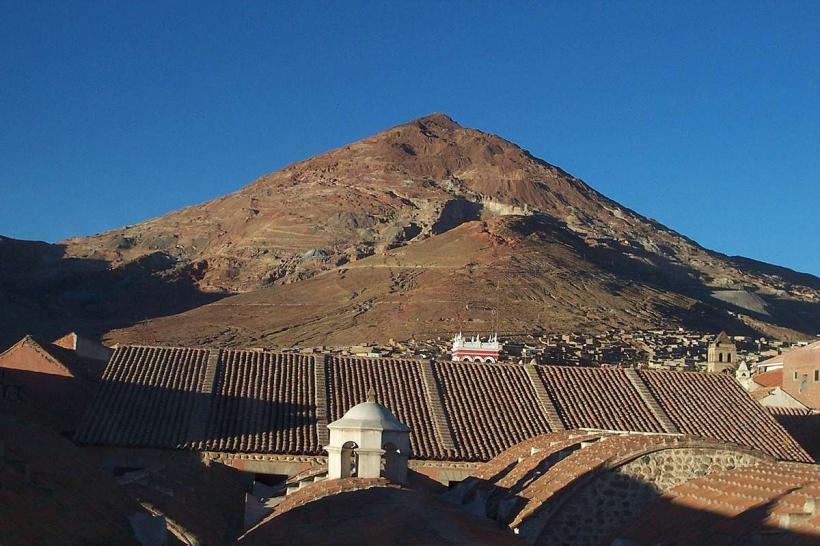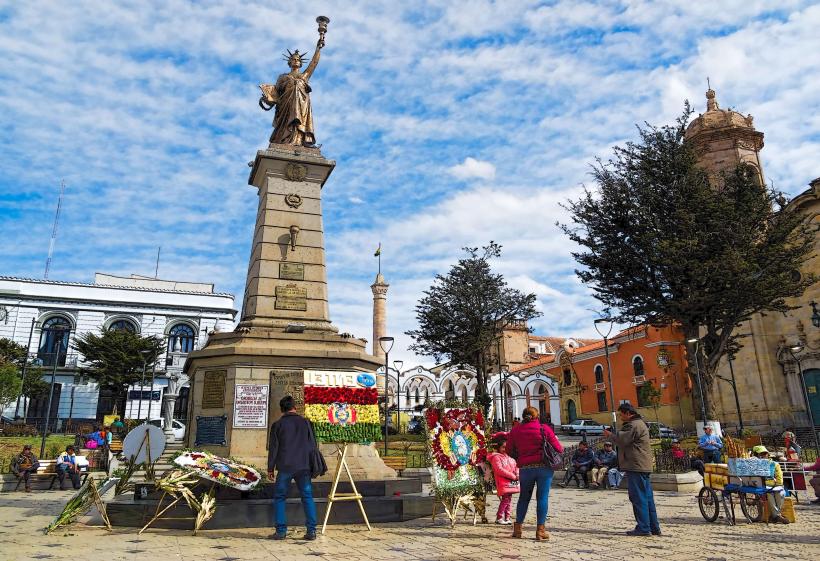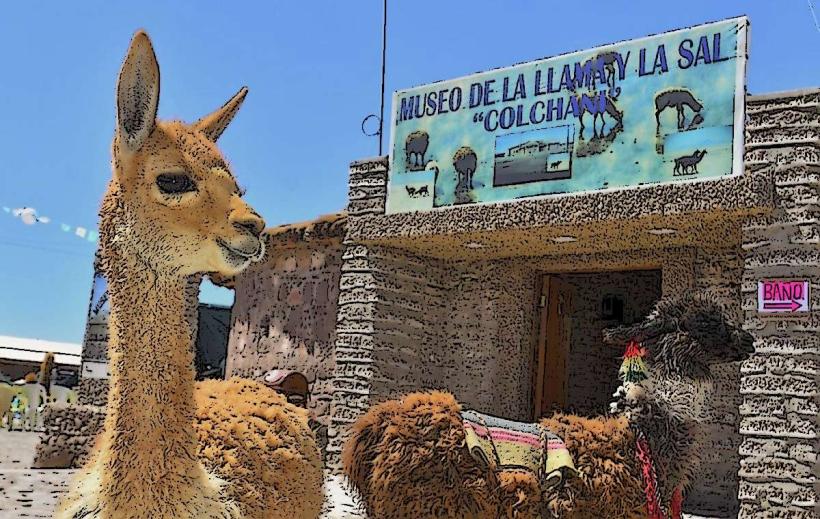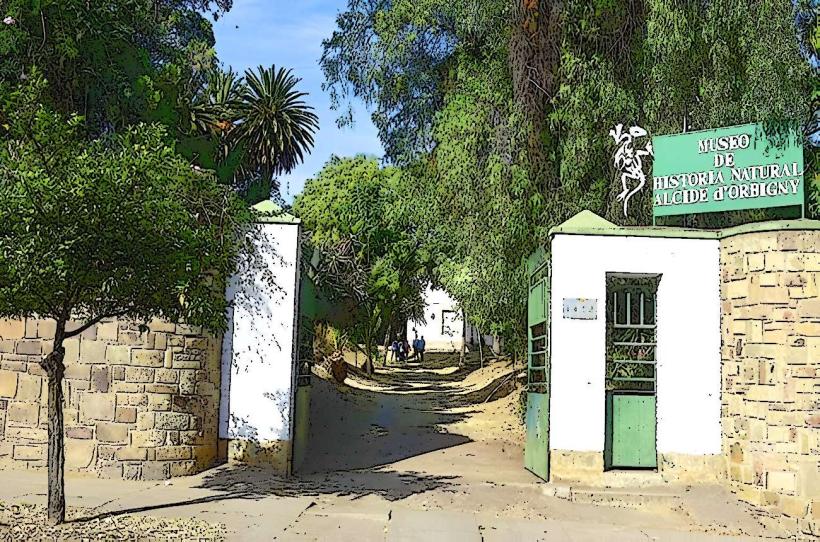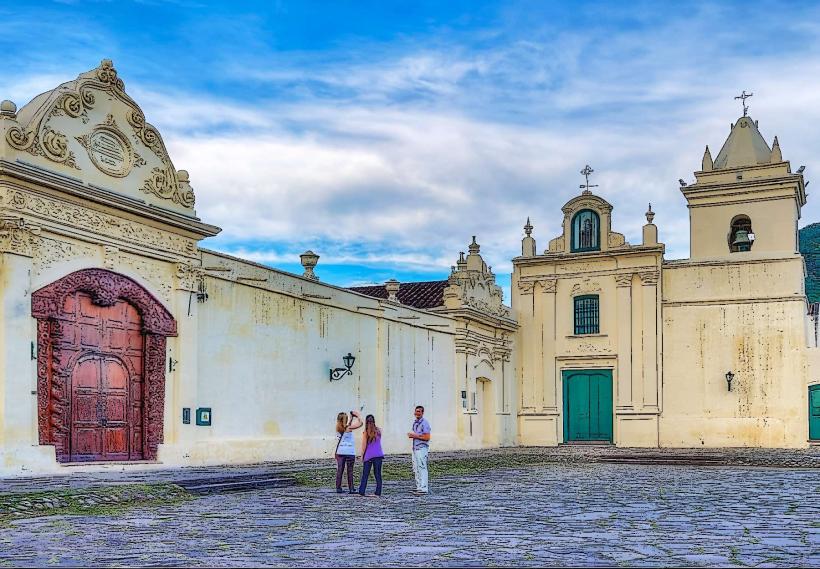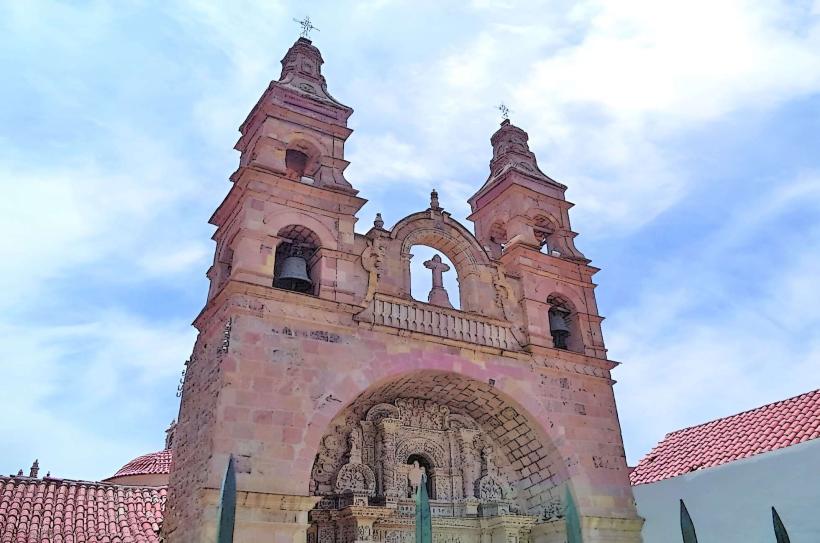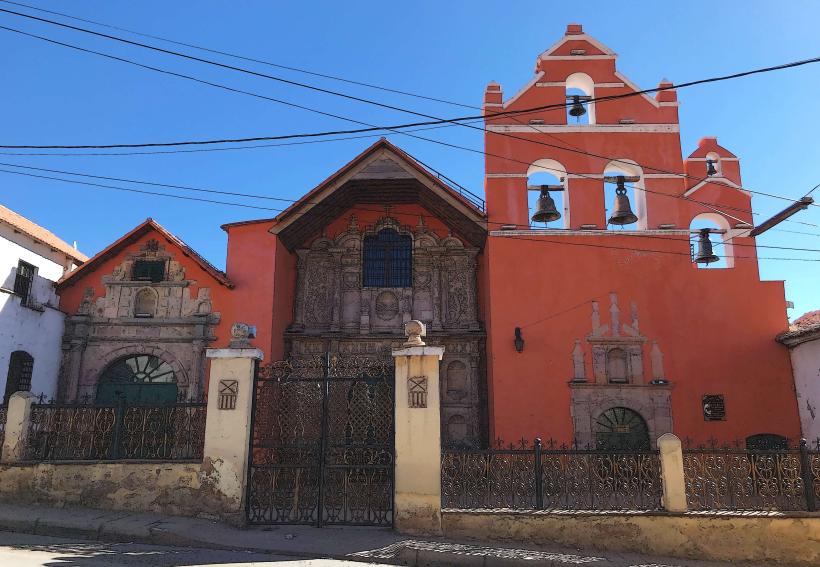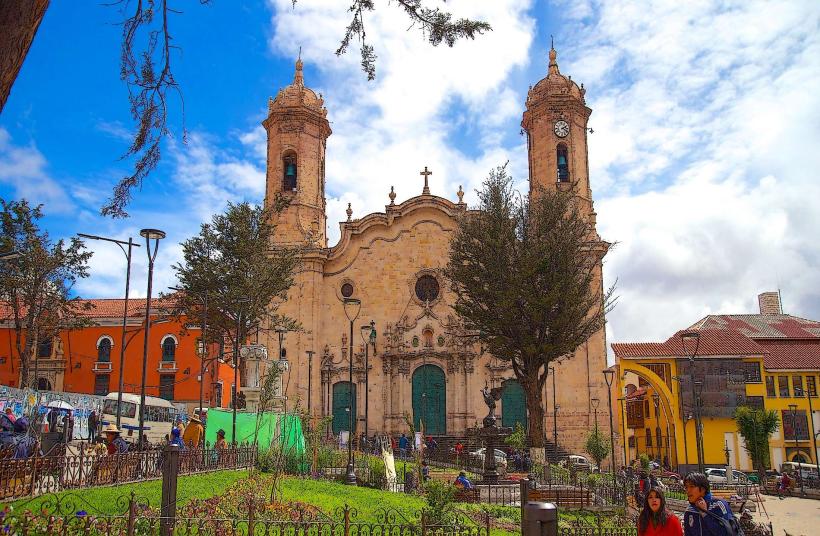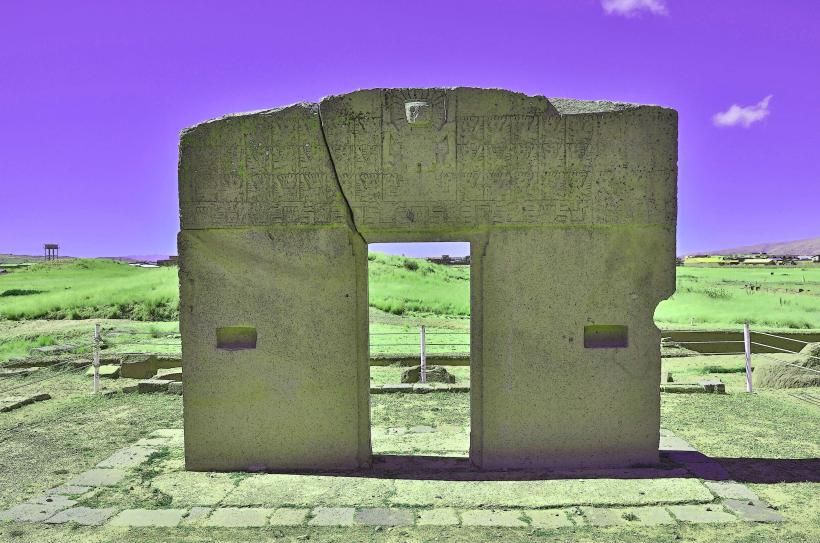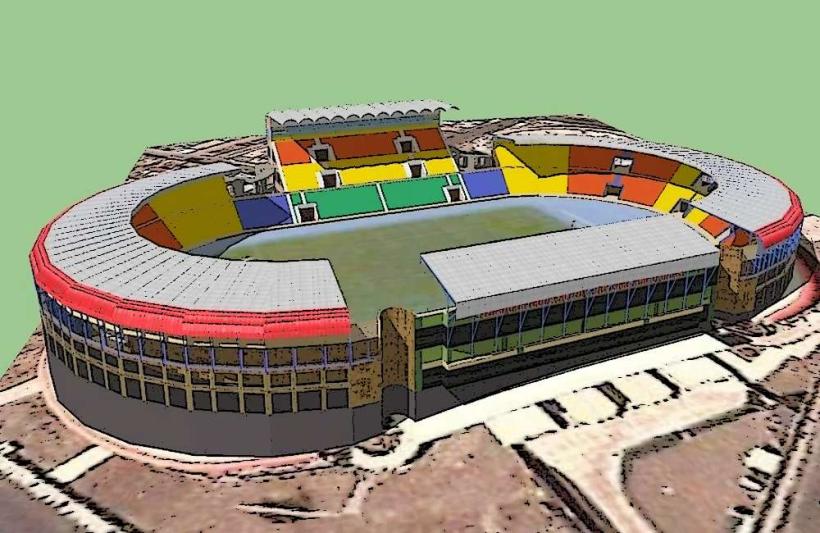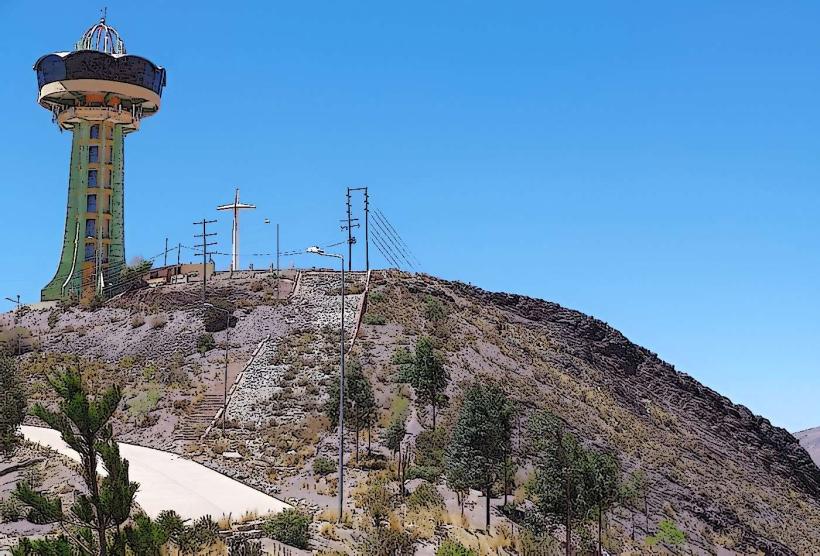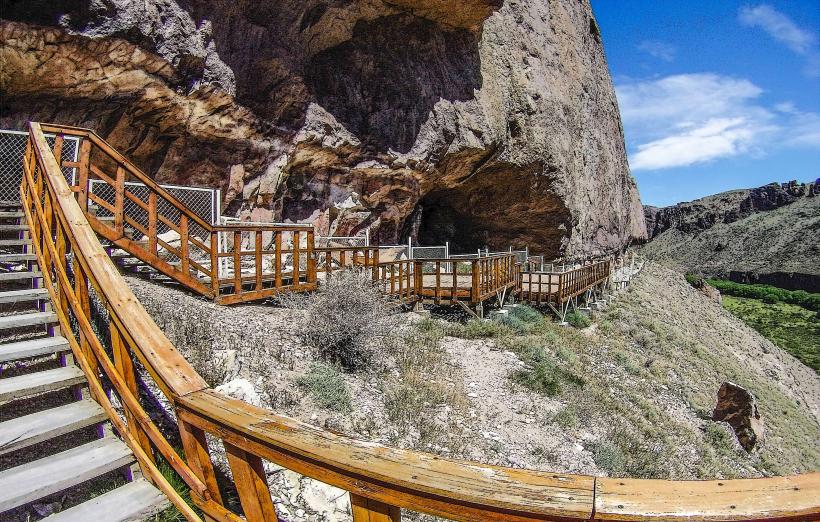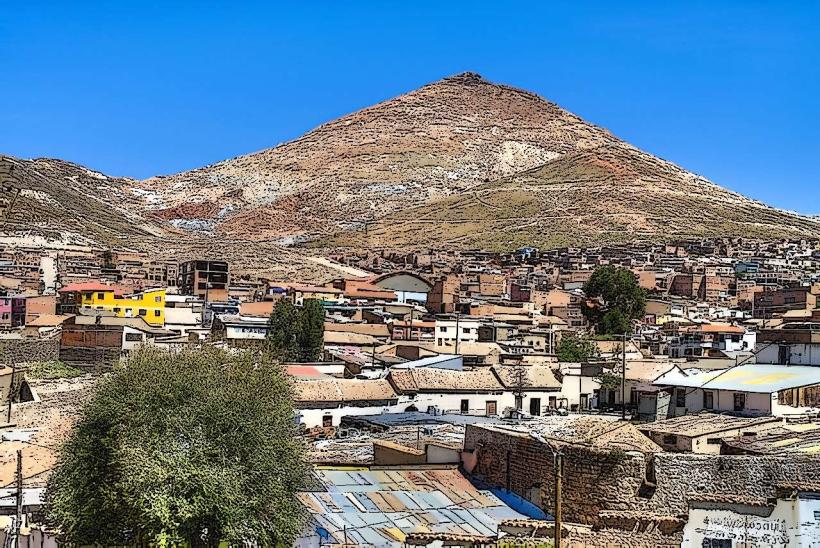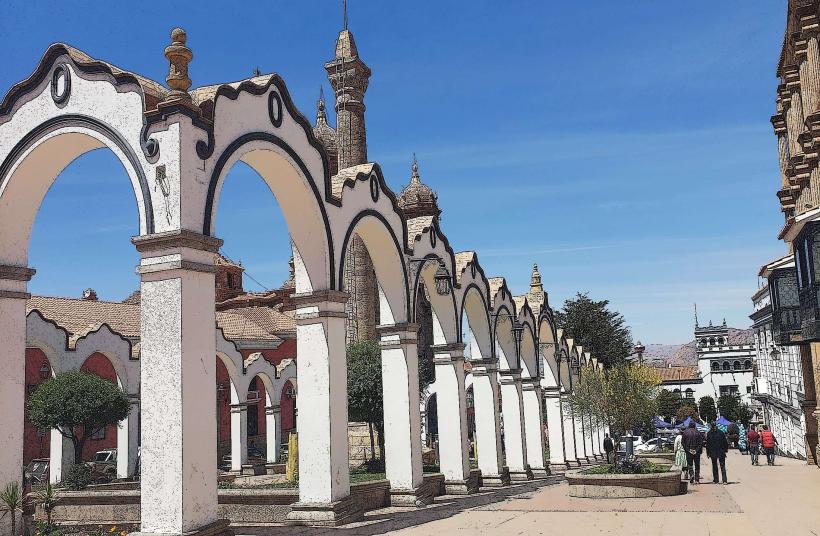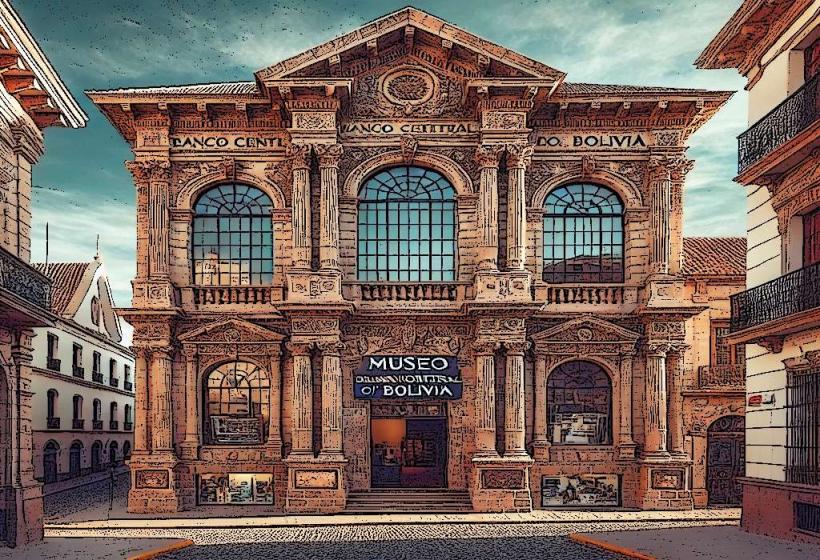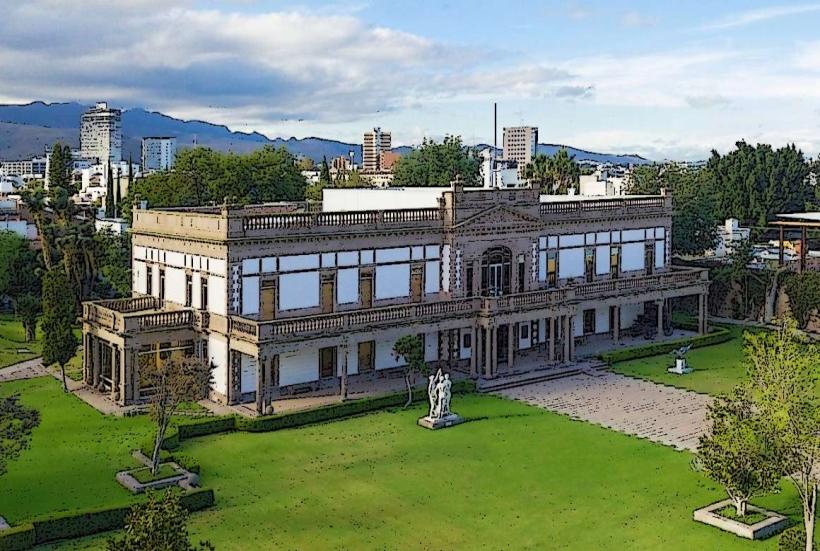Information
Landmark: Iglesia de San FranciscoCity: Potosi
Country: Bolivia
Continent: South America
Iglesia de San Francisco, Potosi, Bolivia, South America
The Iglesia de San Francisco is a colonial-era church located in the city of Potosi, Bolivia.
It is a significant religious and historical structure within the city's urban fabric.
Visual Characteristics
The church features walls constructed from stone and adobe, finished with a white lime wash. Its roof is composed of red clay tiles. The primary facade exhibits a Baroque architectural style, characterized by ornate stonework around the main portal and windows. The bell tower is a prominent feature, rising to a significant height above the surrounding structures.
Location & Access Logistics
The Iglesia de San Francisco is situated in the central district of Potosi. It is approximately 500 meters southwest of the Plaza 10 de Noviembre, the city's main square. Access is via paved city streets. Limited on-street parking is available in the vicinity, often requiring payment. Public transport routes serving the city center will bring visitors within a short walking distance.
Historical & Ecological Origin
Construction of the Iglesia de San Francisco began in 1547, making it one of the oldest religious buildings in Potosi. It was built by Franciscan friars. Its original purpose was to serve as a place of worship and a base for missionary activities in the region.
Key Highlights & Activities
Visitors can explore the church's interior, including its nave and chapels. The bell tower offers panoramic views of Potosi, accessible via a staircase. The adjacent museum displays religious artifacts and historical exhibits. Photography is permitted within designated areas.
Infrastructure & Amenities
Restrooms are available within the museum complex. Limited shaded areas are present in the church courtyard. Cell phone signal (4G) is generally consistent within the church and its immediate surroundings. Food vendors and small restaurants are located on streets adjacent to the church.
Best Time to Visit
For photography, the late afternoon provides direct sunlight on the facade. The dry season, from May to October, offers the most stable weather conditions. Mid-morning is often less crowded.
Facts & Legends
A local legend states that a secret tunnel connects the church to the Casa Nacional de la Moneda, though no verifiable evidence supports this claim. The church's construction materials were largely sourced from the Cerro Rico mountain.
Nearby Landmarks
- Casa Nacional de la Moneda (0.3km Northeast)
- Plaza 10 de Noviembre (0.5km Northeast)
- Catedral de San Lorenzo (0.6km Northeast)
- Museo de la Casa de la Moneda (0.3km Northeast)

